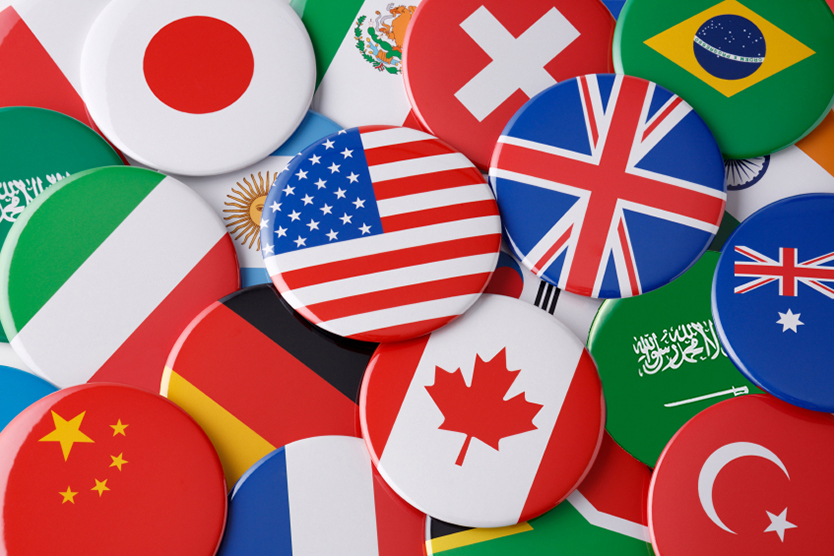The Group of 7
The Group of 7 (G7) is an informal forum established by the heads of state and government of the world’s leading industrial nations, namely Canada, France, Germany, Italy, Japan, the United Kingdom and the United States of America.
The first ‘World Economic Summit’, a precursor to what later became the G7 summit, was held in 1975 at the initiative of former French President Valéry Giscard d’Estaing and former German Chancellor Helmut Schmidt. The meeting at Château Rambouillet in France was held in response to the oil crisis and the breakdown of the Bretton Woods monetary system and brought together representatives from France, Germany, Italy, Japan, the United Kingdom and the United States of America. When Canada joined the group in 1976, the G7 was born. Since 1981, the European Union (or, at that time, the European Communities) has also been a regular attendee of the summit meetings. From 1998 to 2014, the G7 held meetings together with Russia in a ‘group of eight’, or G8. In response to Russia’s annexation of the Crimea in breach of international law, the G7 states declared on the margins of the Nuclear Security Summit at The Hague on 24 March 2014 that they would suspend their participation in the G8 format.
The G7 agenda has a strong focus on the global economy, trade policy, foreign and security policy, development, and energy and climate policy. In addition to the meetings of the heads of state and government, there are also regular meetings of the G7 Ministers of Finance and of the Governors of the Central Banks, who convene for discussions on fiscal and monetary policy. The foreign ministers also meet in the run-up to the annual summit meetings to address the latest challenges in foreign and security policy. Depending on the agenda set by the respective presidency, there are also meetings between other government ministers from the G7.
In 2020, the United States took over the G7 Presidency from France. Germany last held the G7 Presidency in 2015. For further information please click here (in German).
